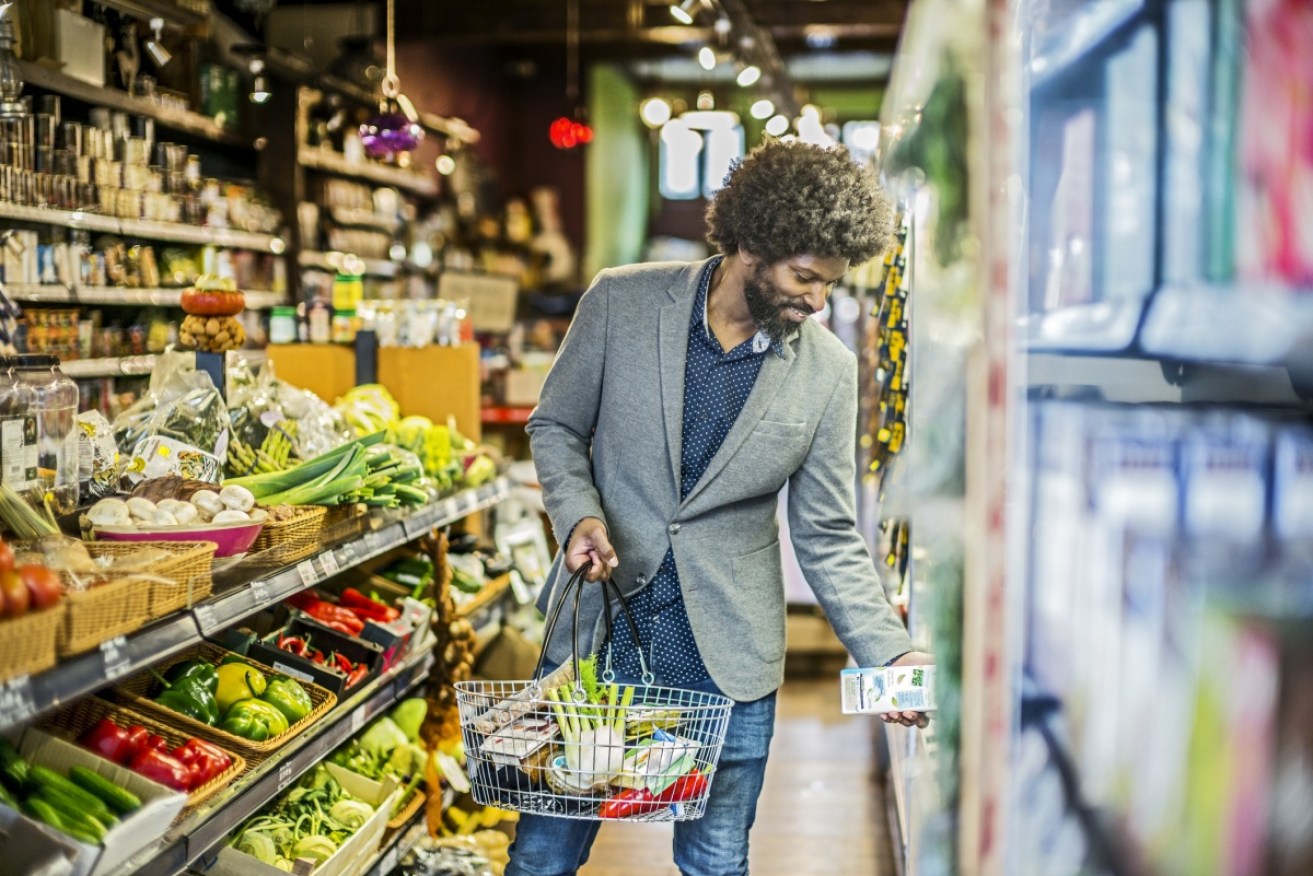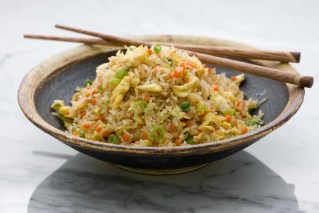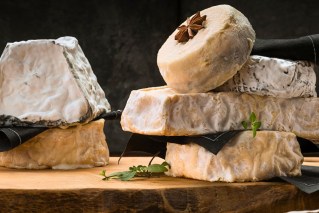Millennials are leading Australia’s organic shift

The organic food market is booming in Australia. Photo: Getty
More than eight million Australian households buy organic grocery products every year but the price tag associated with going chemical-free is keeping millions more from getting involved, according to new research.
The Australian Organic Market Report 2018, released on Monday, found the total value of the nation’s organic market has reached $2.4 billion with more than six in 10 Aussie households now buying organic products in any given year.
Australian Organic chair Andrew Monk says the market will continue to grow as people have greater access to information about where and how their food is produced, with those born from the 1980s on leading the charge.
“Millennials know more, they demand more and they expect more,” Mr Monk told AAP on Monday.
The industry is “building like a snowball” as more information about the potential environmental and health benefits of an organic lifestyle becomes available, he added.
The cost of organic food, however, is the biggest barrier for consumers, the report found.
Mr Monk says organics will always be more expensive because of the prescribed set of requirements they need to meet.

Organics will always be more expensive but are much better for you, according to the head of Australian Organic. Photo: Getty
But as the industry expands and more competition enters the market, prices will go down, he predicts.
“Health and wellness are one of the top reasons people choose organic, and you pay a premium price for that,” he said.
“As competition and supply chain maturity grow, it (the price) will keep coming down.”
There’s no clear research identifying the benefits of going organic but obesity, neurodevelopmental and reproductive disorders have been linked to chemicals in food, home cleaning and beauty products, RMIT University health sciences Professor Marc Cohen says.
“I suspect eating less poison is good for you,” Professor Cohen told AAP on Monday.
Research has shown a week of eating 80 per cent organic food can reduce urinary pesticide loads by about 90 per cent, he added.
The report found consumers are wary when it comes to trusting whether a product is truly organic. It recommends people look out for the Australian Certified Organic logo on products.
Organics on the rise in Australia
- More than 35 million hectares (10 per cent) of all of Australia’s agricultural land is under certified organic management.
- Australia’s organic market is valued about $2.4 billion.
- Number of certified organic operators in Australia was about 4028 in 2017, a seven per cent increase on 2016.
- US, China, South Korea, Japan and Singapore are Australia’s top five export destinations for organics.
- Australia’s organic grocery market is valued about $1.1 billion.
- Additional 384,000 households bought organic foods in 2017 compared with 2016.
- Nearly half of all shoppers recognise the Australian Certified Organic logo.
- Two-thirds of those buying organic say they started for health reasons.
Data from the Australian Organic 2018 market report
-AAP








